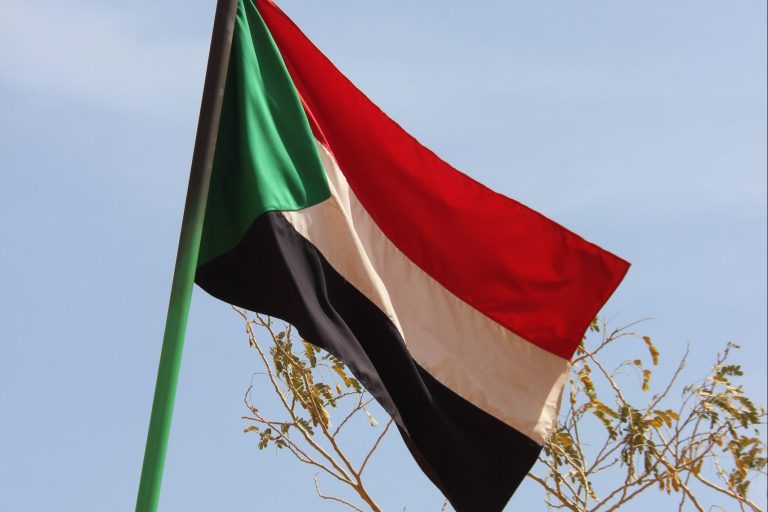SUDAN: Priests and people endangered by Khartoum chaos

Priests and Church workers are among civilians fearing for their lives as armed forces struggle for control of key installations in Sudan’s capital.
Kinga von Schierstaedt, from Catholic charity Aid to the Church in Need (ACN), spoke with one of the charity’s project partners in Khartoum – near to an area held by the Rapid Support Forces (RSF), the state-backed paramilitary group fighting with government troops.
The project partner said he is scared of being hit by air strikes targeting the RSF.
Mrs von Schierstaedt, head of ACN projects in Sudan, said: “During the call I could hear the shooting in the background.
“He says that the streets are empty, like in a ghost town – there are no cars moving about, you can’t see anyone or hear any voices in the neighbourhood.
“They also couldn’t go out of the house, or at least didn’t dare to go out anymore.
“But, because nobody was prepared, they hadn’t bought a big supply of food – and even if they had done, it wouldn’t have helped them for long, because the electricity network is broken and so the fridge only works when they put on the generator for a short time, using their small supply of diesel.
“Worse than the problem of food, however, is the lack of water.
“As there is no longer any running water, they had to pump water out of a well which is only there to irrigate the garden and whose water has to be boiled.
“During the day it can currently reach over 40°C [104°F] in the shade.”
Mrs von Schierstaedt stressed that all civilians were being affected by the conflict.
She said: “The Catholic Church in Sudan is very small, as over 95 percent of the population is Muslim. As this is not an ideological or religious conflict, all citizens are equally affected.
“Believers, priests and religious are unable to leave their houses. Mass on Sunday has been stopped, and priests are no longer celebrating daily Mass in the church. In the crisis zones the life of faith continues only in people’s houses.”
She added: “Many people are leaving the inner-city areas where the shooting is taking place.
“Besides that, some of them lack electricity, and the water they need to survive, so they are fleeing to friends and relatives, mostly outside the city.
“We don’t yet have any reports of big waves of refugees or refugee camps, but there is certainly a flight from the cities.”
On 15th April fighting started between the RSF – acting under the orders of vice-president Mohammed Hamdan Daglo, alias Hemedti – and the Sudanese army, loyal to president General Abdel Fattah al-Burhan.
Mrs von Schierstaedt said: “This is an attempt by Hemedti to overthrow al-Burhan and is the culmination of tension which has been brewing in the country since the coup of October 2021.
“In that coup the two of them brought down the transitional government which was set up after the removal of the dictator Omar al-Bashir in April 2019.”
She added: “Actually, this is not about ideologies, but about who will govern and how, about interests, power, wealth and the integration of the RSF. Hemedti sees his RSF as decisive for the security of the country and is demanding more power.
“The negotiations about the integration of this paramilitary group into the army were a stumbling block between the two, and Al-Burhan’s decision to relocate the RSF troops in various parts of the country, since he saw Hemedti as potentially undermining his power, was the spark that led to the attempted overthrow.
“But there is another important motive. Sudan is Africa’s third largest producer of gold, and Hemedti owns gold mines in the north of the country.
“Up to $16 billion go from there each year to the United Arab Emirates. Hemedti has made gold his business. Gold is his power and one of his interests.”
